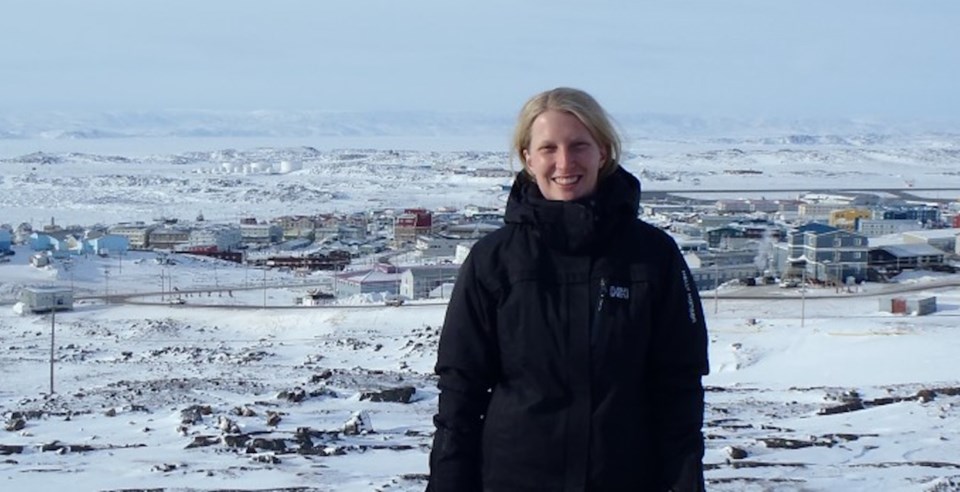Threats to food security and safety may be the biggest peril posed by climate change, according to Sherilee Harper, a University of Guelph Department of Population Medicine professor.
Harper will lead an international team in a large-scale research project aimed at better understanding the impacts climate change has on food systems.
In a recent U of G press release, Harper, an epidemiologist, said food-related mortality rates will outstrip all other climate-related human health impacts.
The new $6.6-million research project will examine populations around the world that are most at risk from climate change effects on food production, including the people of Canada’s far north, where the effects are especially acute.
The Canadian Institutes of Health Research has contributed $2 million to the project. There are over 70 additional research partners and collaborators.
The goal is to advance knowledge in remote communities and contribute to better approaches to climate change adaptation.
According to the U of G press release, the World Health Organization expects a full half of all climate-related deaths to be related to hunger and malnutrition, impacts that will increase significantly in the coming decades.
“It’s well understood that climate change is one of the biggest health challenges of the 21st Century,” said Harper in the release. “But food issues have received less attention compared to other climate-health outcomes.”
Harper’s team will include Indigenous leaders, scholars, and representatives from government agencies and non-governmental organizations, with expertise in a host of areas, including health, agriculture, nutrition and meteorology.
Harper has studied climate-related health issues in the Arctic and Africa for more than a decade.
“We’ll be using Indigenous knowledge to understand and manage the agri-health effects of climate change,” Harper said in the release.
